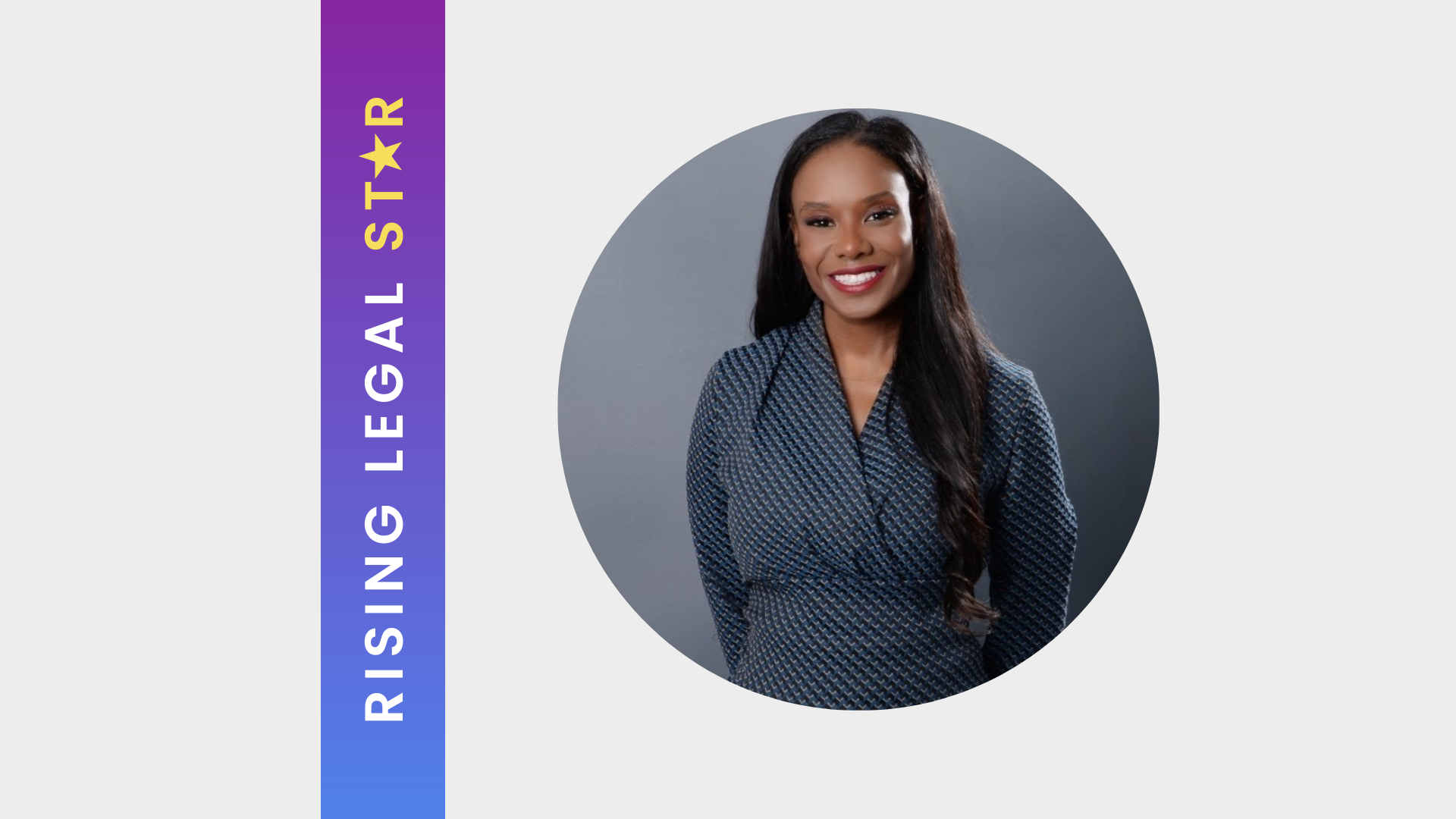Enabling you to thrive in a changing world
World-class talent acquisition meets global workforce solutions
Specialists across key global sectors
Our specialist teams help enable businesses in over 67 countries across multiple sectors and disciplines
Transformation
For over 20 years, Hydrogen has been delivering top-tier Business Transformation and Change specialists to businesses worldwide. Whether you're looking for fully managed solutions or individual subject matter experts, we ensure successful execution of your transformation goals. In addition, we've proactively addressed IR35 challenges, providing contractors outside of IR35 to help mitigate risks and protect your business.
Engineering
Established in 2007, Hydrogen Group’s Engineering Division provides fully compliant, mid to senior technical, contracting and permanent staffing solutions within Engineering, Project, Construction and Manufacturing technical disciplines, across Europe. The team possess over 50 years of engineering recruitment experience and we have been at the forefront of staffing Europe’s largest and most intricate capital projects within the Life Sciences industry. In a changing world, we pride ourselves on offering an unrivalled, end-to-end solution that allows our clients and candidates to thrive.
Legal
Since 2001, we’ve connected our clients with exceptional legal talent across the globe. Through our unique consultative approach, we’ve become a trusted name in the legal recruitment space, helping businesses secure the right people to drive their success. In a highly competitive market where top candidates are in short supply, we empower our clients to stand out and attract the best talent. At the same time, we take the time to understand our candidates’ motivations and ambitions, ensuring we match them with roles where they can truly thrive.
Life Sciences
In the fast-paced world of Life Sciences, where new initiatives and evolving regulations are the norm, businesses must constantly adapt - not just to stay competitive, but to avoid costly delays in drug discovery and production. Our expertise in rapidly sourcing the best industry talent directly impacts our clients’ ability to discover, test, and produce new treatments and equipment safely and in full compliance. We’re proud to play a vital role in helping them bring innovations to market, transforming the lives of patients worldwide.
Technology
With over 20 years of experience in the Tech sector, Hydrogen has continuously evolved to meet the market's shifting demands, building specialist teams that cover everything from software development to infrastructure. As technology advances rapidly, the need for skilled talent has intensified, and businesses must embrace the latest innovations and flexible working practices to stay competitive. Our success is rooted in trust and long-term partnerships, and we’re passionate about helping businesses navigate this landscape and secure the best talent for their teams.
Find a role where you can thrive...
Why work with Hydrogen Group?
We empower businesses and elevate careers
At Hydrogen Group, we don’t just fill positions - we provide tailored recruitment solutions that drive business success and help you thrive. With a global network and deep industry expertise, we are dedicated to understanding your organisation’s unique needs, ensuring we connect you with the right talent to fuel your growth.
We build lasting partnerships through innovation and trust
For over 20 years, we’ve worked with forward-thinking businesses, delivering results that make an impact. Whether you're seeking exceptional talent or looking to take the next step in your career, our personalised approach guarantees a solution that works for you.
As our worlds change, see how we're enabling people and organisations to thrive
Our latest jobs
Jump straight to:
Our latest insights
Our impact in numbers
Established in
1997
Global staff
People placed in jobs last year
Countries people were placed in
Testimonials
Inspiring Business Women
We support many different organisations with their talent agenda and for many of them, diversity is now a key focus for strategic recruitment. Together, we believe that investing in diversity and inclusion is part of investing in a company built to last. A key focus is how we can create a more gender-diverse workplace. In this series, we share the incredible personal stories of successful business women around the world.
We enable people to live healthier, happier, more fulfilling and more successful lives in a rapidly changing world
We do this every day by giving people the tools they need to thrive. We know what works for one person, or business, won’t suit another. Our purpose is to enable you to thrive in a changing world





















